A data scientist has predicted the outcome of the 2024 US presidential election.
Predictive algorithms are currently being used to identify potential presidential candidates in an era where data has become essential for influencing political campaigns.
Traditional polling methods have always dominated election forecasting, but the emergence of machine learning and sophisticated data analytics is opening up new possibilities for comprehending voter behavior and projecting results.
And now, a data scientist has projected that one candidate would win with overwhelming margins.
People have been left shocked by the scientist’s forecast, with one person penning: “This is so scary to think about!”
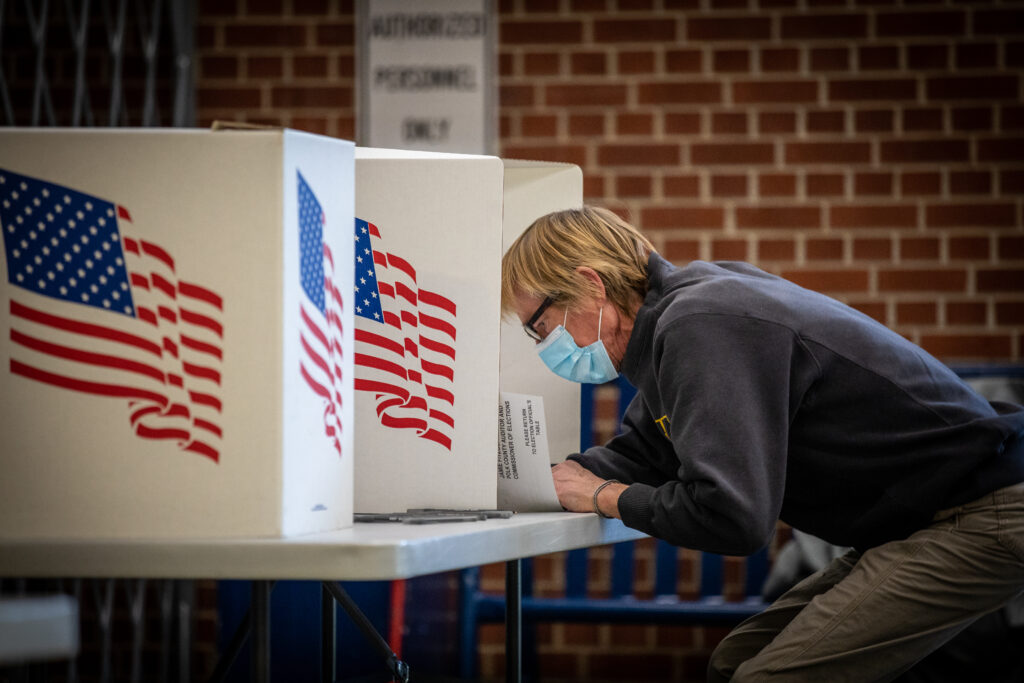
Source: Wikimedia Commons
Another agrees: “My stomach won’t unclench until after the election.”
“We can only hope,” adds a third.
Northwestern University data scientist Thomas Miller made election forecasts that Fortune’s Shawn Tully covered in late 2020 and early 2021.
Miller’s novel approach to forecasting the outcome of the presidential election was also applied to the two crucial Georgia senatorial races (in which the Democrats won unexpectedly, gaining control of the Senate).
Although data has always been used in elections, its function has changed dramatically in recent years.
A plethora of data, ranging from demographic trends and early voting records to social media interactions and economic indicators, now drives political campaigns.
Making sense of this intricate information in order to spot patterns and trends that conventional surveys might miss is the responsibility of data scientists.
While surveys may inquire about voters’ opinions of a candidate at a given moment, data-driven models take into account dynamic variables like media coverage, changes in the economy, and fluctuations in voter mood.
By considering the entire ecosystem of data around an election, analysts may be able to provide a more accurate and nuanced prediction.
Now that he’s back in the public eye, Miller is projecting the 2024 presidential election using his unique formula.
Pollsters, commentators, and readers may all find Miller’s prediction unusual, but there are two reasons why it merits consideration.
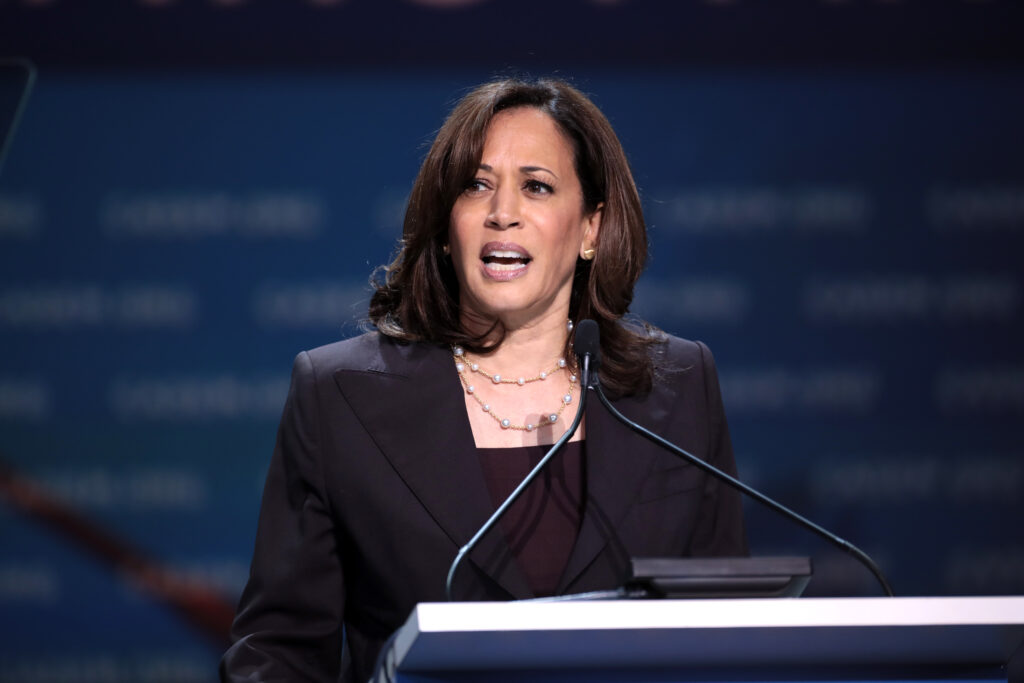
Source: Wikimedia Commons
First off, his approach—which entails data analysis—may be regarded as more scientific than the polling techniques typically used to forecast elections. Secondly, his projections for 2020 were remarkably accurate.
Miller’s predictions performed better in the 2020 elections than almost all polls and models that examined numerous voter surveys.
With the exception of Georgia, he accurately predicted Joe Biden’s victory to within 12 electoral votes.
Once again, he made correct forecasts in the Georgia Senate runoffs.
Polls showed Democrat Jon Ossoff leading Republican David Perdue, and Kelly Loeffler trailing Democrat Raphael Warnock in a close contest; nonetheless, Miller predicted that Ossoff would win by a slim margin and Loeffler would lose handily.
According to Fortune, he correctly predicted Ossoff’s eventual victory margin of 1.0% while just being 0.2% off Warnock’s margin.
In contrast to conventional political predictions, Miller’s approach focuses on the odds at which individuals are ready to wager on the candidates they think have the best chance of winning, rather than polling data.
He told Fortune: “Political betting sites are the best at predicting the wisdom of the crowd.”
Polls offer “a snapshot of the recent past,” but betting odds predict the future, according to the data scientist.
He explained: “The pollsters are asking respondents whom they’re planning to vote for at that moment, which may have changed a few days later when the results are posted. Most polls are around four or five days behind.”
Miller also proposed a different question than “Which candidate will you vote for?” by suggesting: “Which candidate do you expect to win?”
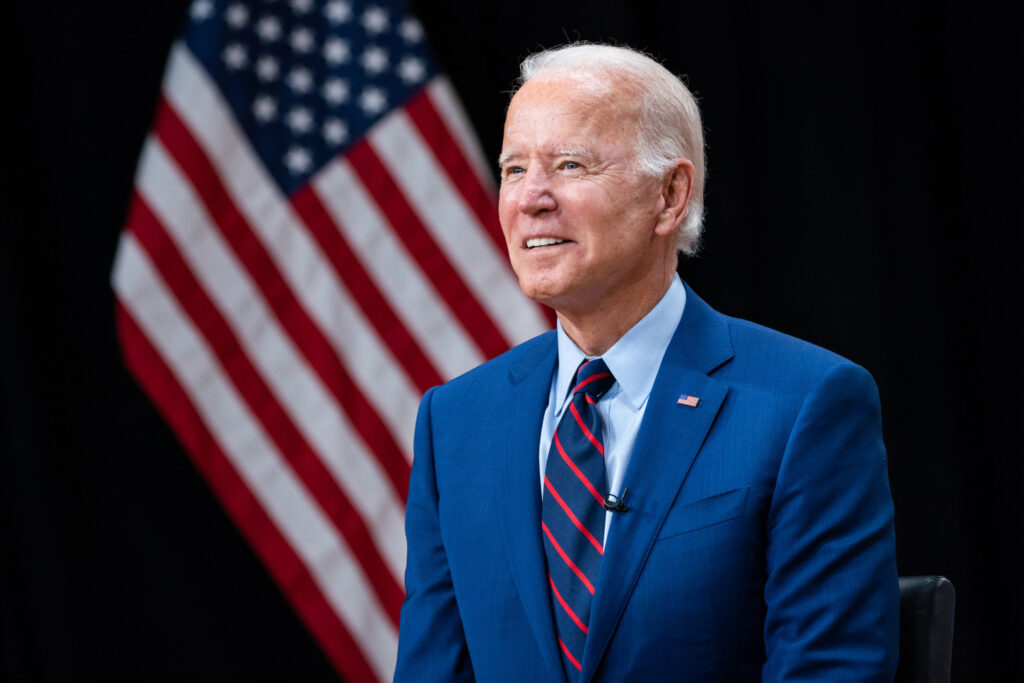
Source: Wikimedia Commons
This is a question that pollsters hardly ever ask, yet it perfectly captures the decision-making process of political market bettors.
Miller gambled on the 2020 election between Biden and Donald Trump using PredictIt, the biggest political betting site in the United States.
The data scientist kept an eye on the odds in each of the 56 voting jurisdictions, tracking any changes hourly and integrating the information into his exclusive model to stay up to date on the most recent developments.
For the Georgia Senate races, he took a somewhat different tack and paid about 1,200 Georgians to take part in a “prediction survey,” where they were asked to guess the winner rather than who they would vote for.
Miller was able to get almost exact predictions for both Senate contests by combining polling data with information from the betting markets.
Miller is analyzing the 2024 presidential race using PredictIt once more.
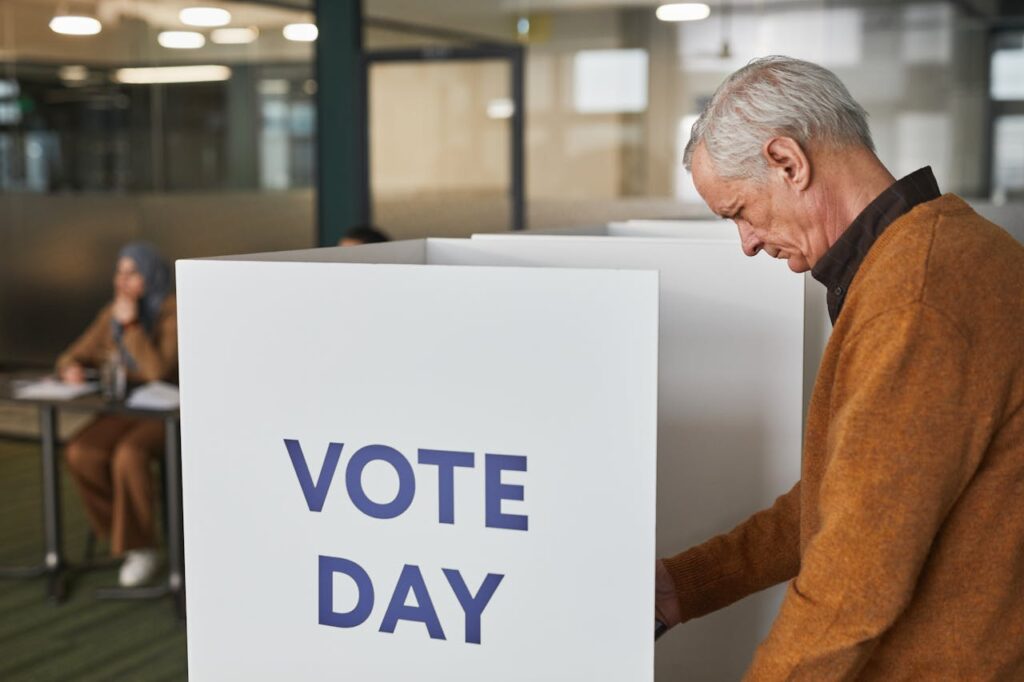
Source: Pexels
He views it as a liquid market that provides a forward-looking assessment of the election and incorporates new information rapidly, akin to financial markets.
Miller has created a generalized linear model for the 2024 presidential election using data from the previous 16 elections.
PredictIt’s daily betting prices are in close alignment with the popular vote thanks to this methodology.
Miller’s approach states that if bettors offer a politician 52 cents, it indicates that at that particular moment, 52% of the electorate intends to vote for that candidate.
Then, on whom is the data scientist betting?
On his website, The Virtual Tout, Miller provides a graph titled “Effects of Current and Campaign Events on Forecasted Electoral College Votes,” which he constructed by tracking the betting odds every day and plotting significant election events.
Trump was ahead in the betting markets early in the contest, but with significant developments such as Biden’s withdrawal and her official nomination, Kamala Harris has now gained a commanding lead.
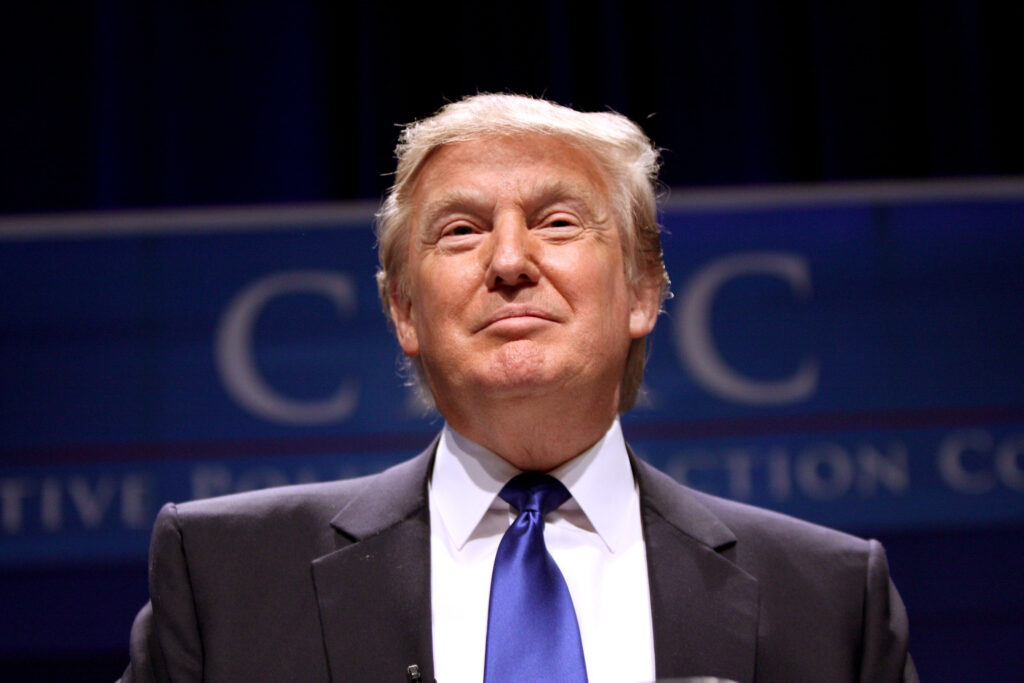
Source: Flickr
According to Miller’s model, a significant turning point occurred following the Trump-Harris debate in September, during which Harris amassed over 400 electoral votes.
Miller believes that Harris’s support from Taylor Swift the day of the debate had an impact on Trump’s abrupt demise.
According to his research, Harris is headed for a landslide victory if present trends continue, possibly garnering over 400 electoral votes and winning important battleground states like North Carolina, Pennsylvania, and Michigan.
“We’re talking about a blowout where Harris gets over 400 electoral votes,” Miller declares, predicting that Trump’s chance of a comeback is slim unless something drastic changes.


